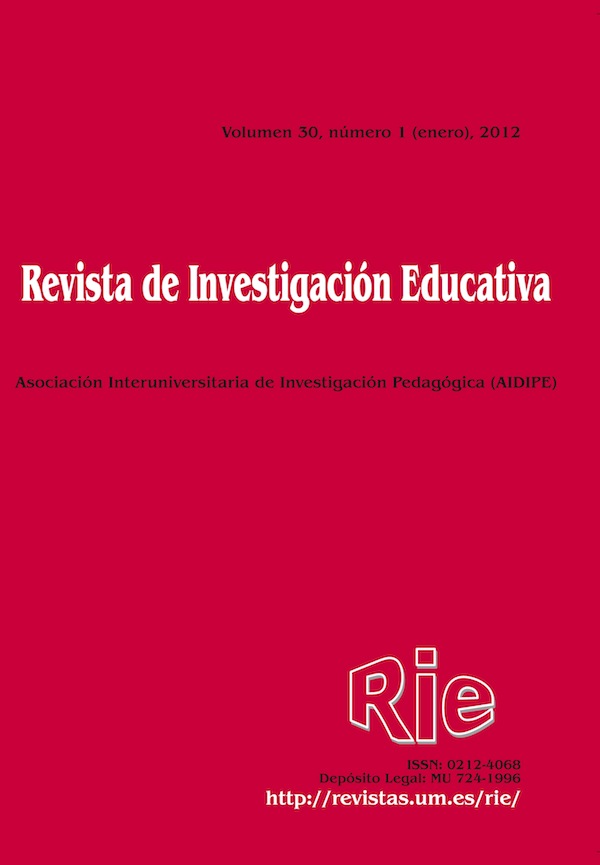Inter-scorer realibility of the Bender Gestalt Test ii among an independent sample
Supporting Agencies
- Institutode Investigación en Psicología
- Universidad de San Martín de Porres
Abstract
This paper examines inter-scorer agreement with regard to the new version of the Bender Visual-Motor Gestalt Test 2nd Edition (Bender-II). This new version includes significant changes in scoring and administration processes, and psychometric studies in Spanish language have not been published yet. Ours is among the first studies to analyze measurement error of Bender-II scores among an independent sample. The sample was made up of first and second grade primary school children from a private school, and 4 scorer students from a private university. We analyzed the level of inter-scorer agreement (intraclass correlation and Pearson) and internal consistency (Cronbach alpha). High coefficients were obtained for both the internal consistency (Cronbach alpha> 0.80) and for inter-scorer agreement in the total sample (ICC> 0.85) and in paired comparisons (ICC> 0.72) of the scores. Nevertheless, scorers showed less agreement on the items. Pearson correlations between scorers were > 0.85. We discuss the impact of reliability and the new Bender-II scoring method, as well as subsequent lines of research with this new instrument.
Downloads
-
Abstract1182
-
PDF (Español (España))1070
The articles and scientific documents published in RIE abide the following conditions:
1. The Servicio de Publicaciones de la Universidad de Murcia (the publisher) has the property rights (copyright) of all the documents published and allows the reuse under the user’s license indicated in point 2.
2. All documents are published in the digital edition of RIE under a Creative Commons Reconocimiento-NoComercial-SinObraDerivada 4.0 Internacional. (legal document) license. These documents can be copied, used, distributed, communicated and explained publicly if: i) the author(s) and its original source of publishing (magazine, publisher and URL of the document) are cited; ii) it is not used for commercial purpose; iii) the existence and the specifications about this license are mentioned.
3. Auto-archive’s conditions. The authors are allowed and encouraged to digitally distribute the pre-print versions (a version before evaluation) and/or post-print (a version that it is already evaluated and accepted to its publication). This promotes circulation and distribution earlier and can increase the citations and significance within the academic community.










